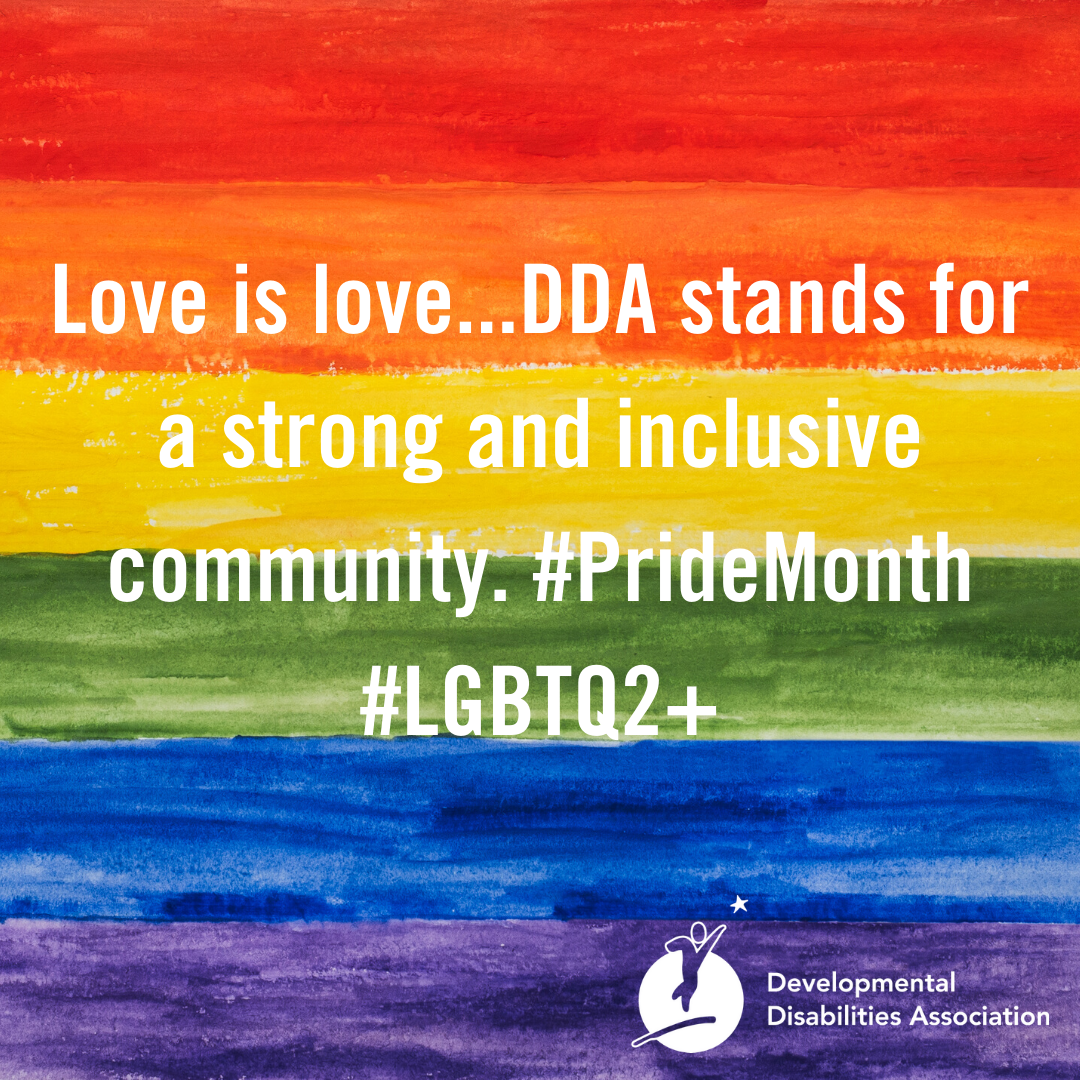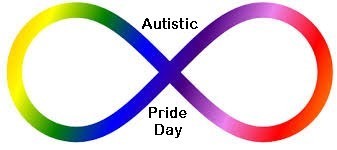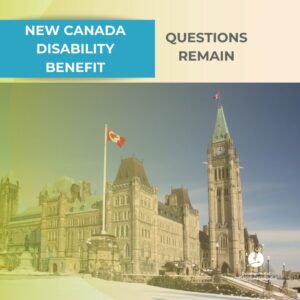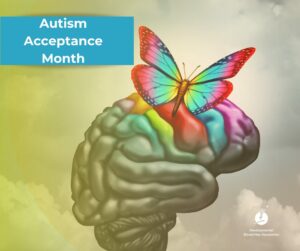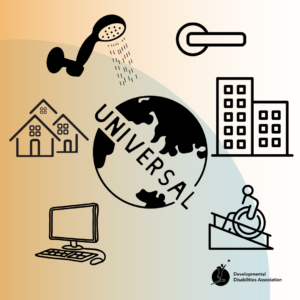The developmental disability community is an amazing and diverse group of people with a broad range of abilities who contribute to an inclusive society. While often overlooked, many people in this community identify as LGBTQ2+.
Inclusion Matters
The Developmental Disabilities Association has long been a champion of inclusion and accessibility in the community. Our vision of a community where everyone belongs includes a diversity of sexual orientations and identities, racial equality, gender equality and neurodiversity. Together we are stronger. As racially-charged events unfold in the United States, and even here in Canada, our vision of inclusion is more important than ever. Societies become powerful when everyone has a voice, even those who struggle to speak for themselves. That’s why DDA exists, to advocate for and support the voices of people with developmental disabilities and their families.
What do we mean when we talk about developmental disability and sexual identity?
This Pride Month, DDA would like to point out the main disconnect between sexual identity and those with developmental disabilities (DD) is simply one of public perception. Many neurotypical people view those with developmental disabilities as perpetual children, as if they lack the capacity for emotional growth. They are not seen as adults with sexual awareness and sexual needs. In the past, sexual awareness among those with DD was viewed as wrong or amoral. From the early 1900’s to the 1980’s many people with developmental disabilities, particularly women, were sterilized without their permission, sometimes before they reached puberty. Any sexual interest was considered deviant and punished. Part of our mandate of inclusion is to raise awareness that those with DD have romantic desires, and many identify with the LGBTQ2+ community.
Autistic Pride Day falls on June 18th
A developmental disability doesn’t mean an inability to understand love and desire. There are many examples of people who have typical, functioning relationships and successful marriages and children. So, given roughly 5% of the general population identifies as LGBTQ2+, it’s not a surprise that there are plenty of people with DD who would do the same.
This month DDA asks you to take the time to understand that those who are not neurotypical by society’s standards still have the same needs and desires for partnership and love as you do. They have the same right to educate themselves about sexuality, explore their own sexual feelings, and join the LGBTQ2+ community in a spirit of love and inclusion.
